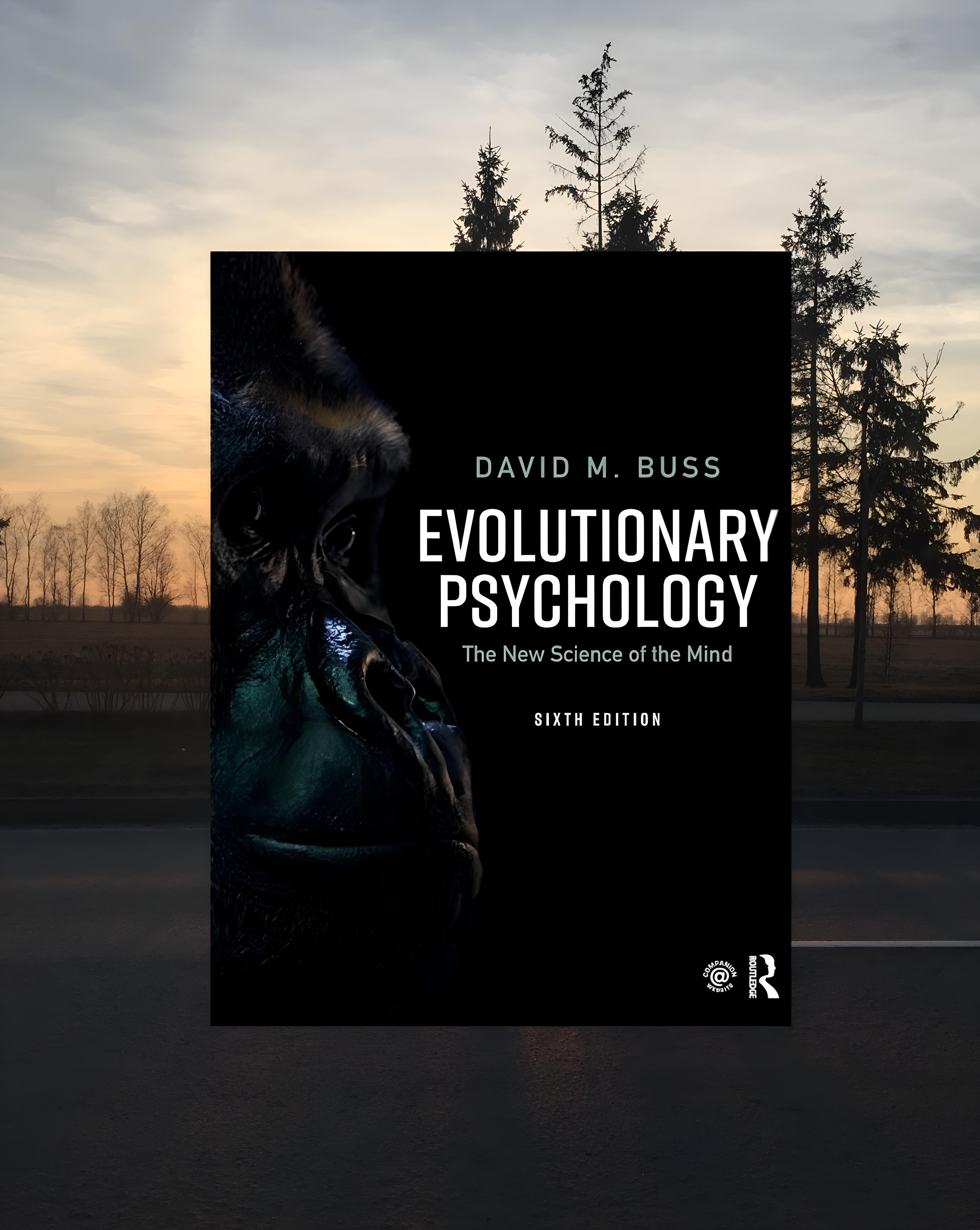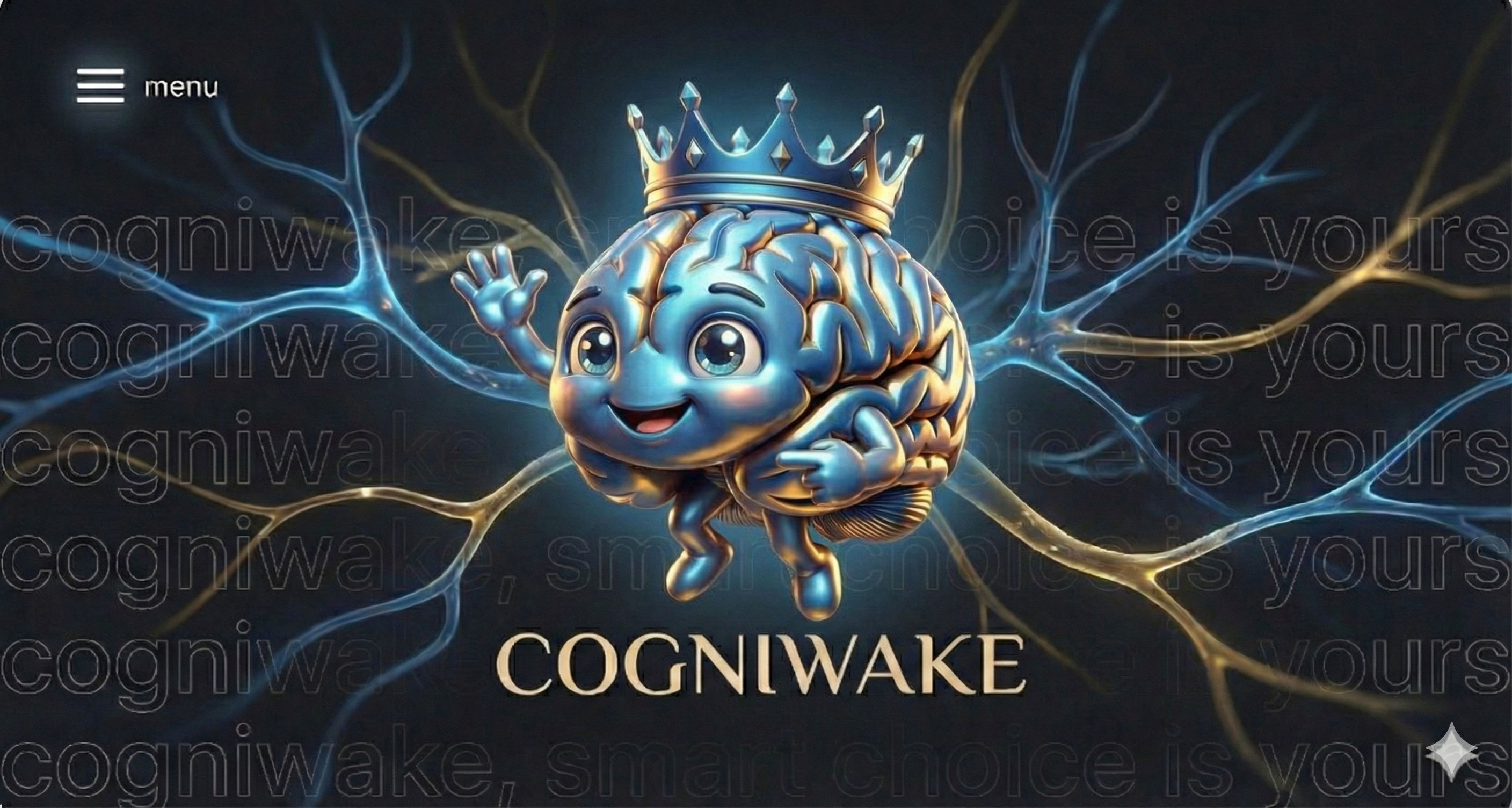Back
SHIV DIXIT
CHAIRMAN - BITEX IND... • 1y
📖 DAILY BOOK SUMMARIES 📖 🔗 DIRECT FREE E-BOOK DOWNLOAD LINK AVAILABLE — https://drive.google.com/file/d/1O1iSCMblKPHr_N_KsOJQG0U8w2KdUi0h/view?usp=drivesdk 🔥 Evolutionary Psychology 🔥 🚀 20 Lessons 👉 ✨ By David Buss ✨ 1. What is Evolutionary Psychology? • Evolutionary psychology examines human thoughts, emotions, and behaviors through the lens of evolution, focusing on adaptive traits passed down from ancestors. 2. The Role of Natural Selection • Traits that enhance survival and reproduction are favored and become common over generations. 3. Survival Mechanisms • Behaviors like fear of predators, preference for calorie-rich foods, and group cooperation evolved to improve survival. 4. Reproductive Strategies • Mating behaviors, partner preferences, and parental investment are shaped by the need to maximize reproductive success. 5. The Importance of Social Behavior • Human tendencies toward altruism, empathy, and cooperation evolved to strengthen group survival. 6. Gender Differences • Evolutionary pressures led to differences in male and female behaviors, such as risk-taking in males and nurturing in females. 7. The Role of Environment • While evolution shapes basic tendencies, environmental factors and culture influence their expression. 8. Kin Selection • Humans prioritize helping relatives to ensure the survival of shared genetic material. 9. The Evolution of Morality • Moral behaviors, such as fairness and punishment of cheaters, evolved to maintain group harmony. 10. The Adaptive Unconscious • Much of human behavior is driven by subconscious processes designed to solve ancient survival problems. 11. Cognitive Biases • Many biases, like loss aversion and confirmation bias, evolved to help ancestors make quick decisions in uncertain environments. 12. Mate Selection • Humans select partners based on traits like health, fertility, and resources, which signal reproductive fitness. 13. Parent-Offspring Conflict • Evolutionary psychology explains conflicts between parents and children due to differing reproductive interests. 14. Evolution of Aggression • Aggressive behaviors evolved as strategies for defending resources, gaining status, or protecting offspring. 15. The Role of Emotions • Emotions like fear, love, and anger evolved as mechanisms to guide behavior in adaptive ways. 16. Cultural Evolution • Human behaviors are also shaped by cultural adaptations, which evolve faster than biological traits. 17. The Adaptive Nature of Mental Disorders • Some mental disorders, like anxiety, may have roots in survival mechanisms that were once advantageous. 18. Mismatch Theory • Many modern problems, like obesity and stress, arise because our evolved traits are poorly suited to today’s environment. 19. Criticism of Evolutionary Psychology • Critics argue it oversimplifies human behavior and underestimates cultural and environmental influences.

Replies (1)
More like this
Recommendations from Medial
Ansh Kadam
Founder & CEO at Bui... • 1y
Here are 3 books on sales that most people have never heard of. These 3 books will teach you how to go deep in the mind of your customers and sell anything to anyone using phycology and human behavior. 1 - The H Factor Of Personality - There are 6
See More
Dr Bappa Dittya Saha
We're gonna extinct ... • 1y
Is there anyone from research community? Related to anyone or many - AI/ML NLP Data scientist Human Behaviour Psychology Psychiatry Behavioural Marketing Neuroscience Endocrinologist Geologist Genetic Evolution Medial pls help me to connec
See MoreProfessor Bohm
"Built. Sold. Repeat... • 11m
Pay close attention to human psychology, and you'll begin to spot the flaws in many popular articles and theories on what to do—and what not to do. These so-called "rules" often overlook the deeper, more complex aspects of human behavior. By understa
See MoreGOLLAVILLI SANJAYKUMAR
Building in noise is... • 10m
Title: Quick Commerce & The Theory of Evolution – A Modern Instinct Ever wondered why Quick Commerce (like Blinkit, Zepto) became a big hit in India? The answer lies in something ancient — the Theory of Evolution. Back in the day, early humans hun
See MoreSunil Huvanna
Building AI Applicat... • 1y
The Real Potential of AI is when it seems beyond what rest of the Human Evolution has ever seen! It will always be an additional brain for Human Imagination! Image Generated via Midjourney, a complex hybridization of ideas inside prompt rendering so
See More
Download the medial app to read full posts, comements and news.


















/entrackr/media/post_attachments/wp-content/uploads/2021/08/Accel-1.jpg)

















